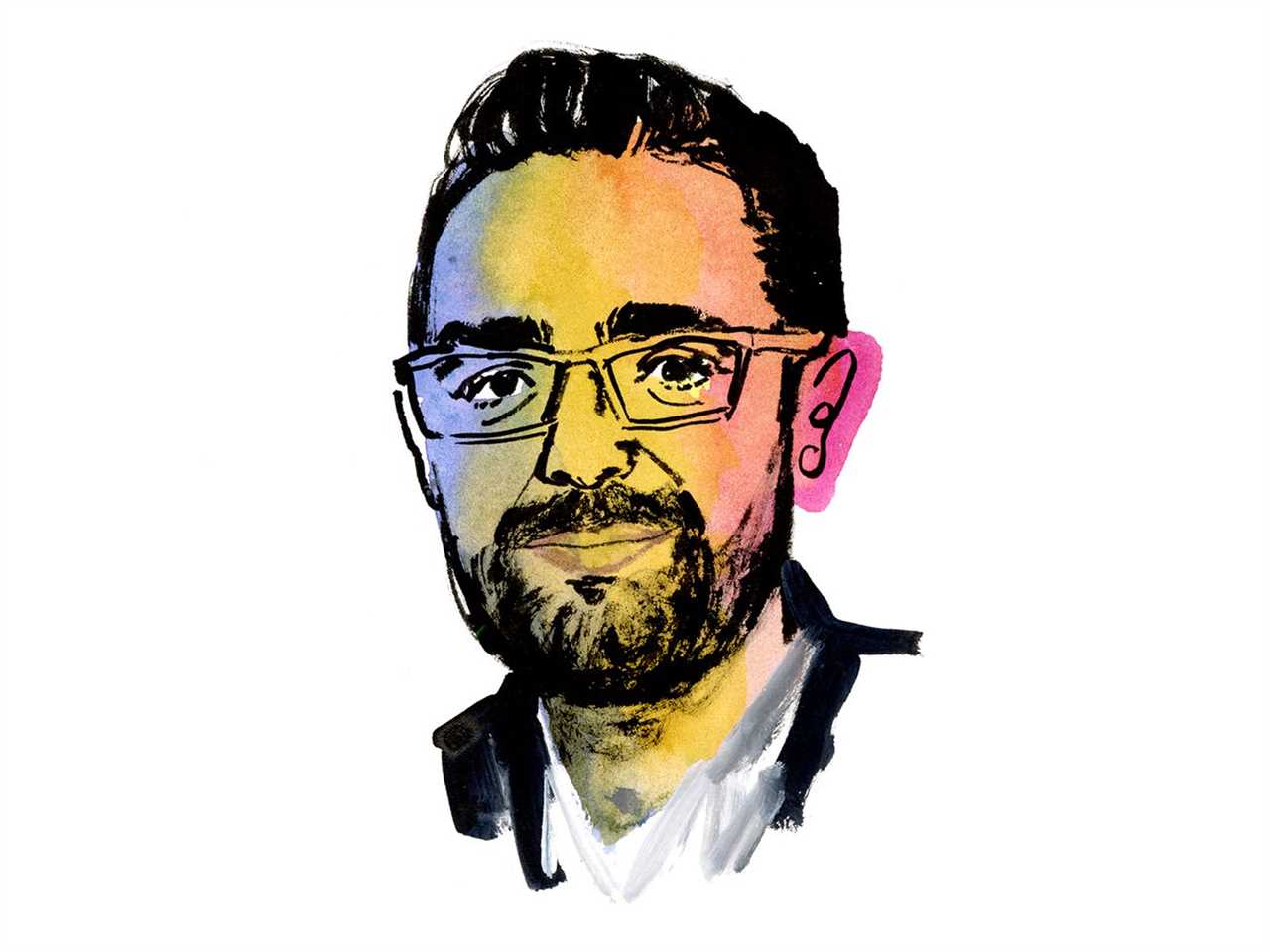
The technologist and author is providing a guide to a world changing at an exponential rate
Azeem Azhar is, as he puts it in his 2021 book The Exponential Age, a “child of the microchip,” born in 1972, the “year after the first commercially produced computer processor was released.” As a 7-year-old in Zambia, he was introduced to computing when a neighbor brought home a build-it-yourself computer kit; later, after his family moved to London, he received the first computer of his own, a £69 Sinclair ZX81. And from there, he was off to the future.
The future is where Azhar has taken up residence — first as a tech journalist in the 1990s at the Guardian and the Economist, later as a tech company founder and investor himself. Today he runs the popular Exponential View newsletter, to my mind the single best way to keep abreast of what’s happening in traditional tech, AI, biotech, and climate tech.
But what makes Exponential View so valuable is that, while Azhar lives in the future, where “new technologies are being invented and scaled at an ever-faster pace, all while decreasing rapidly in price,” he keeps one foot in the present, where human society — which evolves far slower than technology — is struggling to keep pace with the bewilderingly fast rate of all that technological change. That has led to what Azhar calls the “exponential gap,” the distance between the new tools our Silicon Valley titans are bringing us, whether we want them or not, and the social and political institutions that are being left behind.
That makes Azhar a descendent of thinkers like the British scientist and novelist C.P. Snow, who warned in the 1950s that intellectual life was at risk of being split between the “two cultures” of literature and science. Azhar knows, as Snow did, that neither culture can thrive on its own, and that without a mutual understanding, “our leading thinkers on both sides will struggle to offer the right solutions” to the many, many challenges we face as a species.
Which isn’t to say that Azhar is pessimistic about where exponential technologies can take us. In both his book and his newsletter, Azhar predicts coming advances in fields like artificial intelligence and biotechnology that will be capable of carrying us into a true age of abundance, one where we can have more energy but fewer carbon emissions, more food but less pollution, where we can live longer and healthier. To him, the exponential age has every chance of being a golden one — and at a moment where fear has replaced wonder as our default reaction to the new, that’s a needed corrective.
But what sets Azhar apart from relentless techno-optimist boosters like Elon Musk or the venture capitalist Marc Andreessen is that he knows technology’s gifts never come without costs. ChatGPT can speed productivity and open up new frontiers of creation, but it can also be used to seed misinformation. Biotechnology promises truly personalized medicine, but it could also be used to engineer deadly viruses. And that’s just when technologies are deliberately used for ill — even when technology does what it promises, it can create overwhelming disruption, separating society into a few winners and many losers.
Azhar sees a better future, one where society and politics can effectively adapt to technological change — and he wants to help the rest of us get there. I, for one, wouldn’t mind living in the future.
----------------------------------------
By: Bryan Walsh
Title: Azeem Azhar is drawing a road map to a better future
Sourced From: www.vox.com/23939166/azeem-azhar-exponential-view-newsletter-author-future-perfect-50-2023
Published Date: Wed, 29 Nov 2023 11:00:00 +0000






